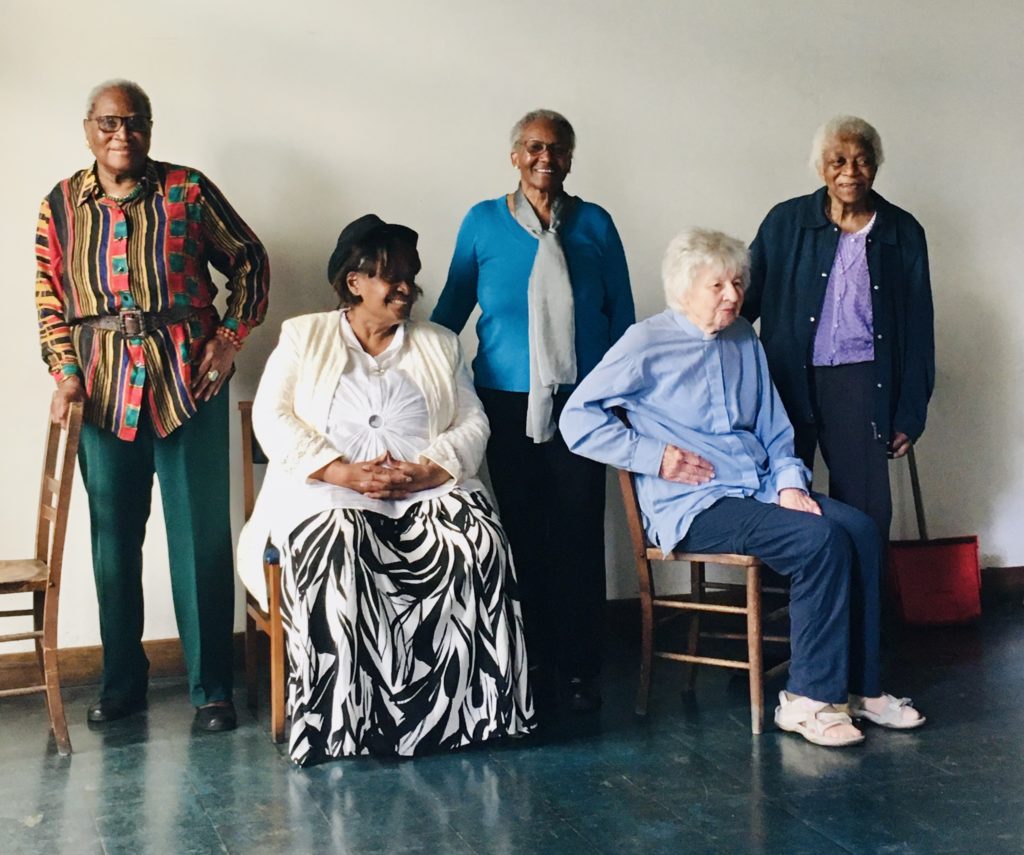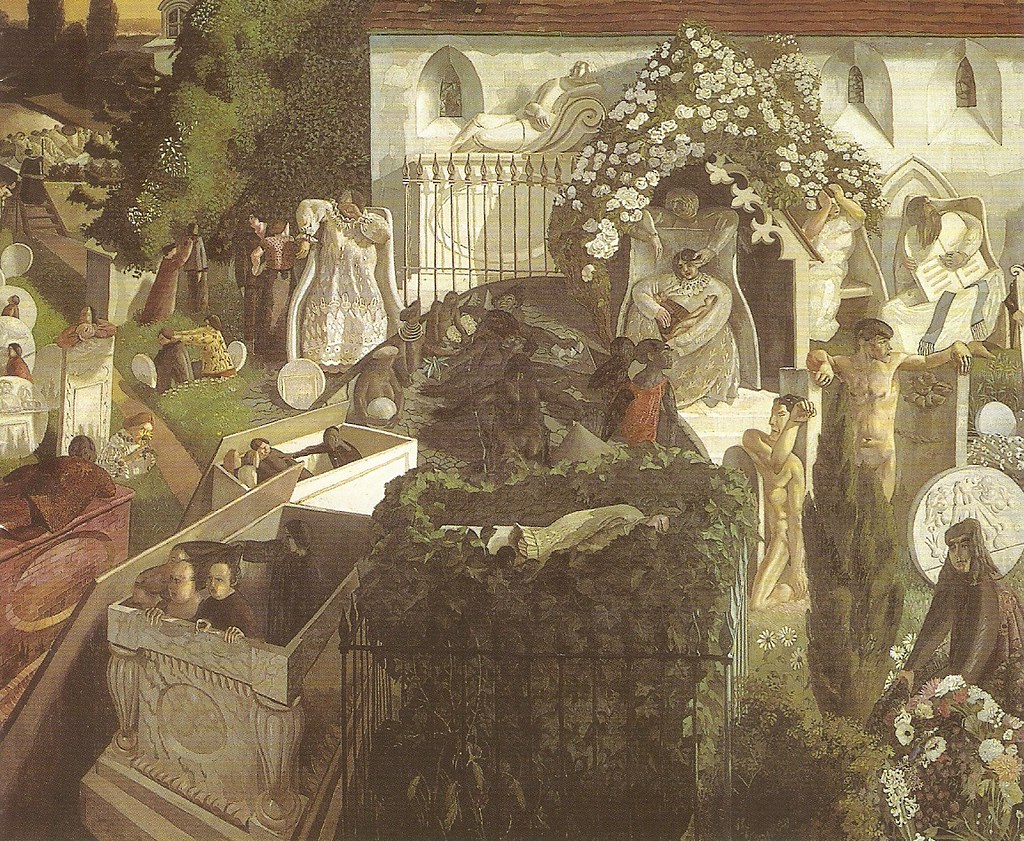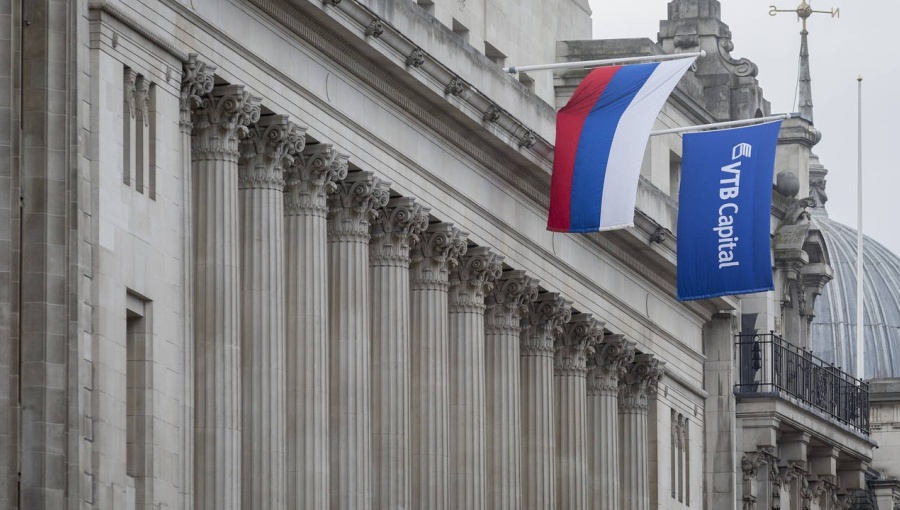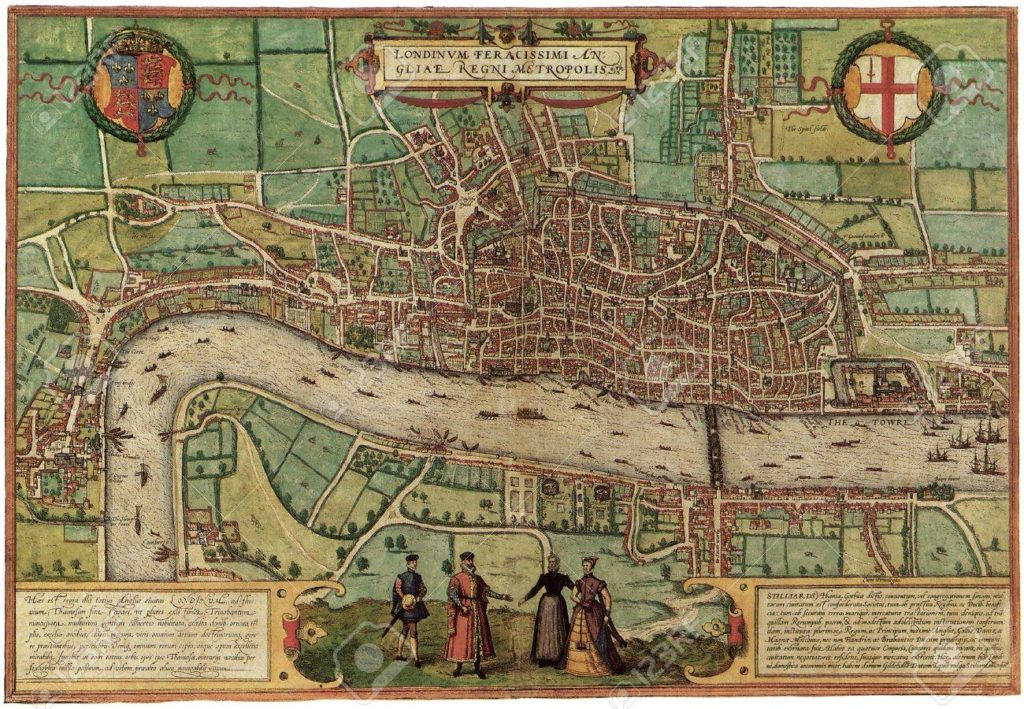Rabbi Merlin, Circumciser
A reading from the Gospel of Luke
After eight days had passed, it was time to circumcise the child; and he was called Jesus, the name given by the angel
Please sit down.
“Do you want circumcision?” asks the Rabbi over the phone and then, more relevantly maybe, “do your people want circumcision? I’m a mohel. With certificates.”
My congregation is from the Caribbean (Jamaica, Antigua, Montserrat) or West Africa (Nigeria, Ghana, Sierra Leone) as well as a handful of less ethnically identifiable White people, half a dozen of whom (out of 100) may have been born in the UK.
I have certainly named a couple of babies on (or near) the eighth day, in their homes, but there’s never been any mention of circumcision, which in any case has a contested place in the Christian scriptures. Frankly, I couldn’t imagine that any of them would want the services of a mohel, one of the local Jewish circumcisers, with or without certificates.
But then again I know the Mohelim are in demand amongst the Muslim community, where the practice is mandatory.
“I can leave you my cards? Yes? Through the letter box?”
“Yes, by all means put your card through the letter box.”
But this seems a bit impersonal and so I add,
“And then can we meet and you can tell me more about what you do?”
I’m not sure, however, what additionally I need to know. I presume the clinical procedure is actually quite simple. A little snip, a bit of bleeding, some antiseptic wipes, a dressing.
I’m really more interested in establishing a relationship than finding out how he goes about his work.
Living in the middle of one of the world’s largest diaspora Hasidic community (outside Brooklyn) – one with its own police force, its own schools and shops, its own health workers, its own religious courts, not to mention its own language – I have no point of professional contact and barely any informal social contact with its members. It’s a world apart, not unlike the City of London – indeed the area has been dubbed the “square mile of piety“.
Is this community a force for good in London? Is it a partner in resistance against the gods of capitalism, a light to the gentiles? Or is it a well-defended ethnic enclave?
“I suppose I can show you my instruments,” he says.
So in anticipation of our meeting I talk to a few people in my parish about circumcision. One Nigerian grandmother says that the mohel who used to circumcise the family’s baby boys has retired (citing unsteadiness of hand, which you can’t really challenge) and the one they use now, who lives opposite her, is too young for her liking.
Another mother says she went into the local Kosher supermarket, looking for a contact, when her son was born a bit prematurely.
“Check to see whether he does home visits. It’s so much better if they come to you. Also whether he offers after-care,” she says. “It’s usually three or four days later, when you take away the dressings, that the complications happen.”
I see I am wrong. There is potentially a role for a local mohel amongst the African members of my congregation who traditionally get their baby boys circumcised around the eighth day.
I go round to his house and ring the bell. It unlocks remotely and when I enter the lobby the rabbi is waiting at the top of his staircase. We shake hands awkwardly and he leads me through to his front room, overlooking the street where we pull our chairs together around a large dining-room table. There is a small plate of biscuits, a jug of water and two glasses in front of us. There are bookcases and cabinets on all the walls and shelving in the alcoves and files and papers stacked on every surface. A print of a rabbi looks down us from the corner of the room. A child’s toy is on top of a fridge, out of reach. Is this an office or a study or dining room?
“Please, have a cake,” he says, gesturing with his hand towards the table.
He goes out of the room, returning with a large black attache case, a folding table that looks like something you might use for changing a nappy, as well as an object he calls the Circumstraint. This is an indented mould for a baby’s body with four sets of straps where the child’s members are positioned.
He opens his case and shows me his swabs and his blades and his ‘shield’. This has a small gap in its base, the width of a little finger, and he demonstrates how he uses it to protect his hand from the incision he’s required to make. He flicks his fingers indicatively.
“Very quick,” he says, “two seconds, maybe three.”
For Jews circumcision is a beautiful and holy thing, the sign of their covenant relationship with God. It’s a moment at the centre of a carefully choreographed rite of passage, a profoundly social celebration. It can involve key family members taking on different roles, including the person who acts as the appointed sandek, holding the child on their lap during the act itself. This is often a grandparent or sometimes the rabbi. It is a place of great honour.
In relation to non-Jews circumcision is business and involves a Circumstraint.
“How much do you charge?”
“150 pounds.”
“And would you visit afterwards?”
“Of course.”
Before I leave I take photographs of the rabbi sitting with his attache case and his certificates. We like to think that our rabbis are reading lots of books, I say, as I rearrange a few on the table in the foreground. I see that one of them is called ‘Guard your Tongue’. I take this as a personal warning.
It’s hard to know what this man thinks of me as he sits in his chair, posing stiffly, looking away. I’m not sure what I think of him or this whole business of ritual circumcision.
But business is business and it is as good a way as any to establish relationships.
I will hand out his cards and see what happens.
And all for His sake.
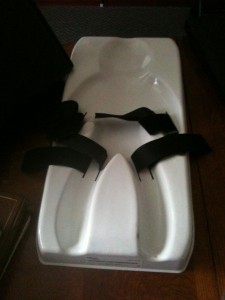
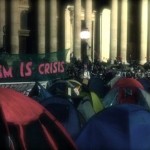 Previous Post
Previous Post Next Post
Next Post